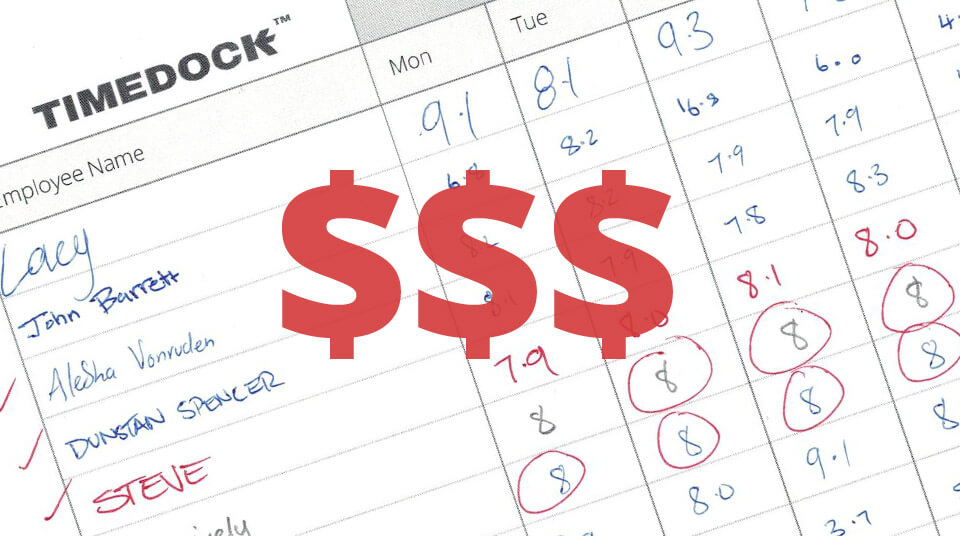The Hidden Cost of Timesheet Theft: A Quick Dive into Statistics and Prevention
Published by - Mar 15, 2023

Introduction
Timesheet theft, also known as time theft or time fraud, is a pervasive issue that affects businesses across all industries, including construction. It occurs when employees falsify their timesheets, claiming to have worked more hours than they actually did. This deceptive practice costs businesses billions of dollars annually and can harm both productivity and morale. In this article, we'll explore the alarming statistics behind timesheet theft and discuss strategies for prevention.
1. Timesheet Theft Statistics: A Growing Concern
Employers list $400 Billion per year to time theft (Software Advice).
43% of hourly workers admit to reporting more hours than they actually work (Software Advice).
According to a study by the American Payroll Association (APA), time theft costs businesses an estimated 1.5% to 5% of their gross payroll annually.
74% of employers experience payroll losses related to buddy punching (time theft). According to Nucleus Research, these losses average 2.2% of gross payroll.
A 2019 survey by TSheets revealed that 44% of employees admitted to adding between 15 to 60 minutes to their timesheets at least once, and 24% admitted to exaggerating their hours more than 80% of the time.
Prolonging approved meal periods and rest intervals is a prevalent type of time misappropriation. Smoke breaks are especially expensive. An Ohio State University study revealed that smokers, on average, cost their employers $5,816 more than their non-smoking counterparts. This is primarily attributed to extended breaks and decreased productivity.
These statistics highlight the significant financial impact that timesheet theft can have on businesses, demonstrating the importance of addressing this issue proactively.
2. Recognizing the Signs of Timesheet Theft
To tackle timesheet theft effectively, it's crucial to recognize the common signs and red flags, which may include:
Repeated instances of employees clocking in early or staying late without authorization.
Discrepancies between project progress and the hours logged on timesheets.
Patterns of employees consistently logging the same number of hours, regardless of workload or project requirements.
Employees frequently rounding their hours up to the nearest hour or half-hour.
3. Strategies for Preventing Timesheet Theft
Implementing measures to prevent timesheet theft can help businesses save valuable time and resources, improve productivity, and maintain a healthy work environment. Some effective strategies include:
Adopting a digital time tracking system: Systems that use QR codes, NFC, or biometric data can significantly reduce instances of timesheet theft by providing accurate, real-time data and eliminating the possibility of manual manipulation.
Regularly auditing timesheets: Performing random audits of employee timesheets can help identify potential cases of time theft and deter employees from engaging in fraudulent activities.
Establishing clear policies and consequences: Clearly communicating the company's stance on timesheet theft, along with the potential consequences for engaging in such behaviour, can help deter employees from falsifying their hours.
Encouraging a culture of honesty and accountability: Promoting a workplace culture that values integrity and transparency can go a long way in preventing timesheet theft and other unethical practices.
Conclusion:
Timesheet theft is a costly issue that can have a significant impact on a company's bottom line. By understanding the statistics behind this deceptive practice, recognizing the warning signs, and implementing effective prevention strategies, businesses can protect themselves from the financial and operational consequences of time fraud. Investing in a reliable digital time tracking system is a critical first step towards addressing timesheet theft and fostering a more honest, accountable work environment.
Next up: Business fined for lack of timesheets.
This article was published by on behalf of TimeDock Limited, New Zealand.